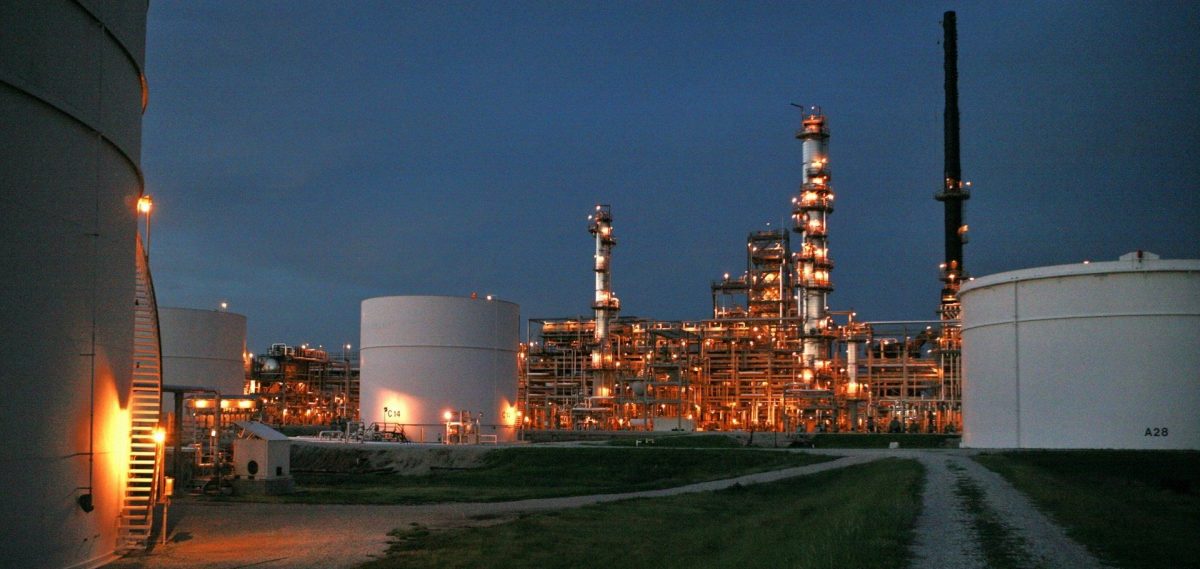Within a one-year period covering August 2018 to July this year, the country earned a total of N5.37tn from oil, figures obtained from the Central Bank of Nigeria have revealed.
The amount is contained in the economic report of the CBN for the month of July, a copy of which was obtained by our correspondent in Abuja on Friday.
The amount was earned from four major sources of oil revenue. They are crude oil and gas exports; Petroleum Profit Tax and royalties, domestic crude oil and gas sales, and others.
A breakdown of the N5.37tn showed that the sum of N346.45bn was earned from crude oil and gas exports, while N3.59tn was collected from the PPT and royalties.
In the same vein, the sum of N1.31tn was realised from domestic crude oil and gas sales, while about N60.82bn was received from other oil revenue items.
A monthly breakdown of the N5.37tn showed that the sum of N403.6bn was earned from oil in August, while September, October, November and December had N471.1bn, N422.1bn, N601.0bn and N441.3bn, respectively.
In January, the country earned N417.3bn from oil; February, N479.5bn; March, N516.9bn; April, N472.4bn; May, N410.2bn; June, N336.6bn; and July, N387.7bn.
Findings further revealed that throughout the 12month period, the Federal Government could not achieve its budgeted monthly oil revenue of N640.2bn
It was learnt that the inability of the government to meet its oil revenue target of N640.2bn was due to production shut-down and closure of various terminals due to fire and flooding.
The Minister of Finance, Mrs Zainab Ahmed, last week expressed concern about the country’s medium-term fiscal challenges, particularly in the area of revenue generation.
She said that the 2020 budget would be predicated on a lower oil production of 2.18 million barrels per day and lower benchmark oil price of $55 per barrel.
In the 2019 budget, the budget benchmark was based on 2.3mbpd oil production and $60 per barrel benchmark.
She said, “Oil production volume is projected to average 2.18mbpd for 2020. Although this is lower than the projected oil production volume of 2.3mbps for 2019, we believe that this is a more realistic projection. For 2021 and 2022, the projections are 2.22mbpd and 2.36mbps respectively.”
Explaining the reason for the cut in oil price benchmark, Ahmed said that this was done considering the fact that there would be glut in the oil market.
She said there were strong indications of an oversupplied oil market by next year, adding that when this happened, it would result in a fall in oil prices.
The minister said all three major forecasters, the Organisation of Petroleum Exporting Countries, the International Energy Association and the United States Energy Information Administration, had predicted that non-OPEC countries would grow oil production by about two million barrels this year and produce even more next year.
According to her, while the US shale oil accounts for most of the total supply increase, new projects in Norway, Brazil and Australia will also contribute to the increase in the non-OPEC supply.
She said, “A lower oil price benchmark of $55 per barrel is assumed, considering the expected oil glut in 2020 as well as the need to cushion the unexpected price shock.
“There are strong indications of an oversupplied market in 2020. Oil projection volume is projected to be average 2.18mbpd for 2020. Although this is lower than the projected oil production volume of 2.3mbpd for 2019, we believe that this is the realistic projection.”
Copyright PUNCH.
